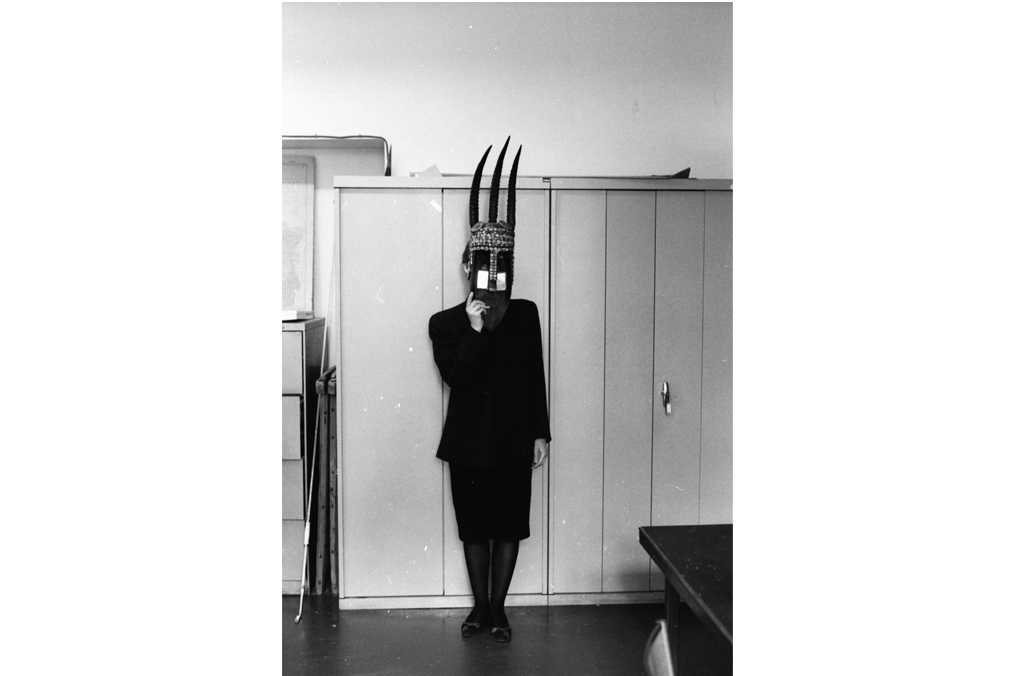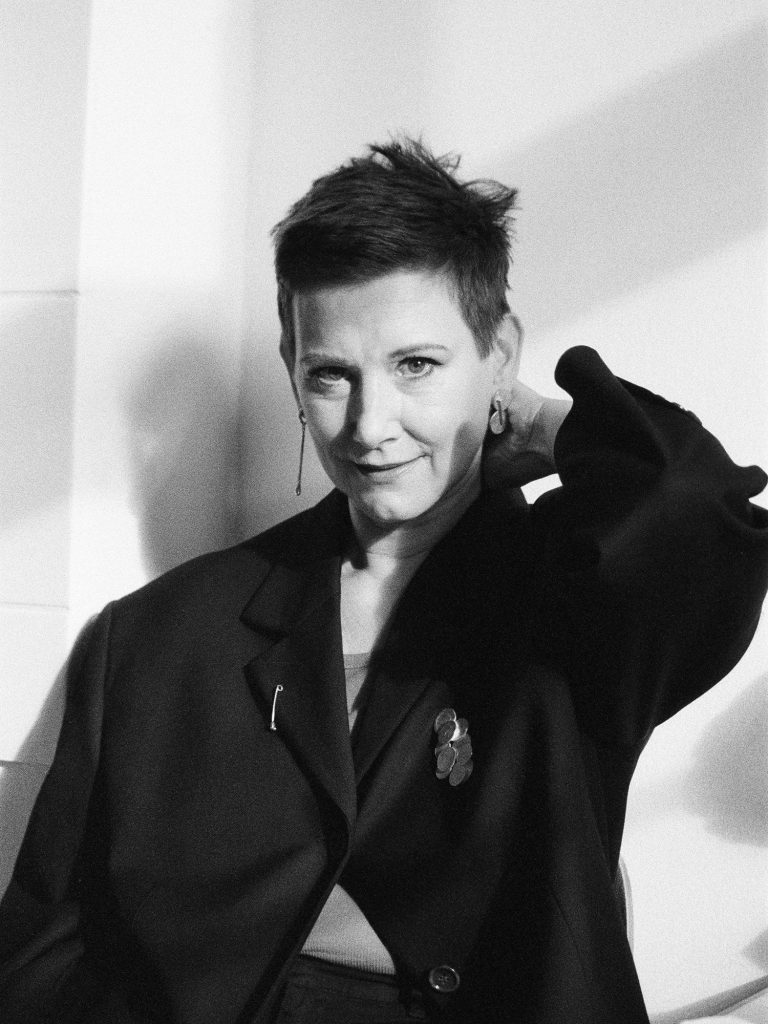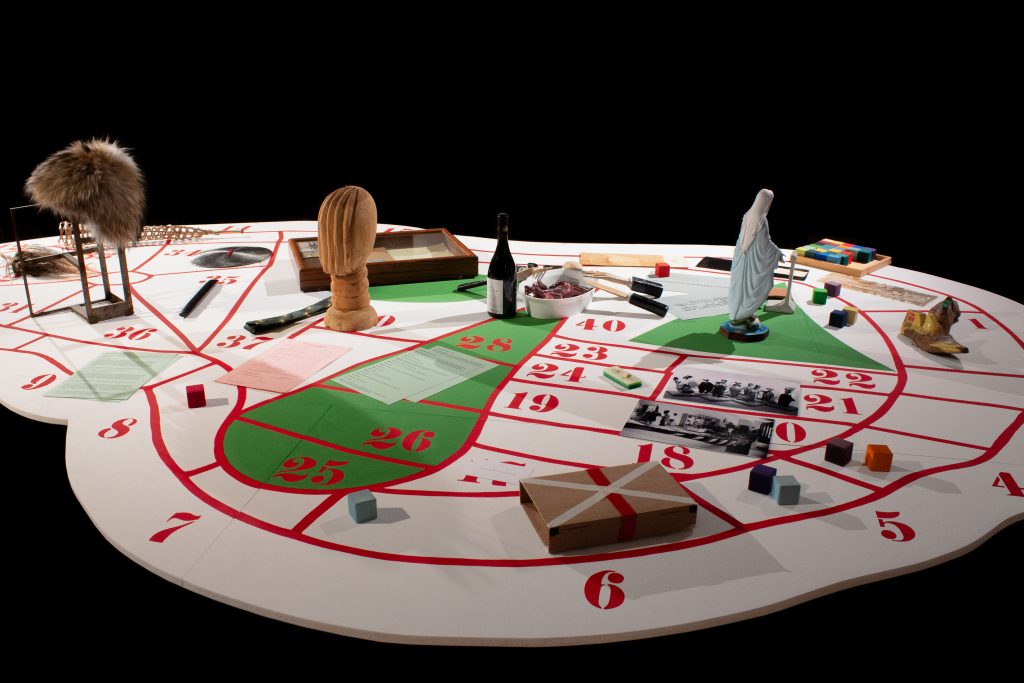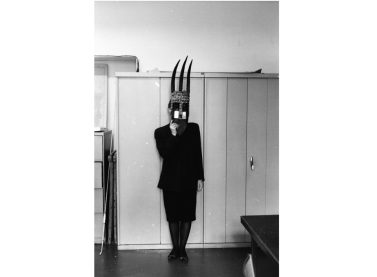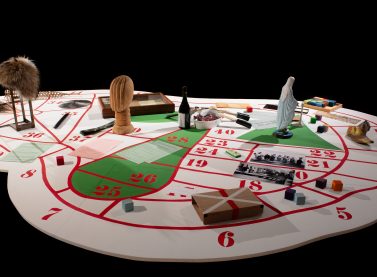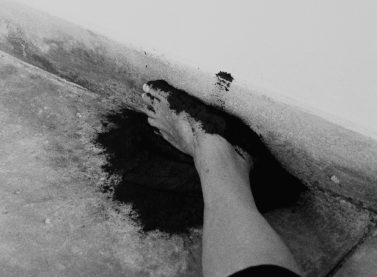Casino, Department Store, Lazaret, or Crypt: The future of the Museum. Clémentine Deliss
Articulacions programme
All museums are civic spaces that, together with universities and art colleges, perform an important educational role. Today, a renewed engagement with archives takes the museum beyond its existing definition toward a more radical understanding of curatorial and educational urgency. Working with collections necessarily addresses the “stuff of the body” (Merleau-Ponty) out of which the world is made. So what do we do about efficiency, ecology, and sustainability, and how does that reflect not only in the way we curate, collect, and conserve, but equally in the use of the museum building and its infrastructure? Can we go so far as to re-organise the exhibition rooms of a museum with workspaces for researchers and students? Can we bring collections into the venue’s central space, filling it with artefacts, archives, documents and miscellanea that would otherwise never be seen?
Clémentine Deliss will speak about ways of recasting museums for multidisciplinary, performative, decolonial, and democratic models of research, art practice, and education. Case studies will include her redesign of the Weltkulturen Museum in Frankfurt, and subsequent developments of the Metabolic Museum-University in Kyiv, Ljubjlana and Berlin.
Dr. Clémentine Deliss
Global Humanities Professor of History of Art, University of Cambridge
Associate Curator, KW Institute for Contemporary Art, Berlin
Dr. Clémentine Deliss is Global Humanities Professor of History of Art at the University of Cambridge, and Associate Curator at KW Institute for Contemporary Art in Berlin, where she directs the Metabolic Museum-University and is preparing the exhibition, Skin in the Game (September 2023). Her practice crosses the borders of contemporary art, critical anthropology, curatorial experimentation, and publishing. Between 2010–2015, she directed the Weltkulturen Museum in Frankfurt instituting a new lab for post-ethnographic research and the remediation of contentious collections. She is a Fellow of the Institute of Advanced Study in Berlin and has taught art theory and curatorial practice at the Ecole nationale supérieur Paris-Cergy, Karlsruhe University of Arts and Design, and Hamburg University of the Arts. She is Faculty at Large of SVA Curatorial Practice in New York, and Guest Mentor of the Berlin Program for Artists. Her book The Metabolic Museum was published by Hatje Cantz in co-production with KW (2020), in Russian (Garage Museum, 2021) and is coming out in Spanish with Caniche, Madrid in April 2023.
